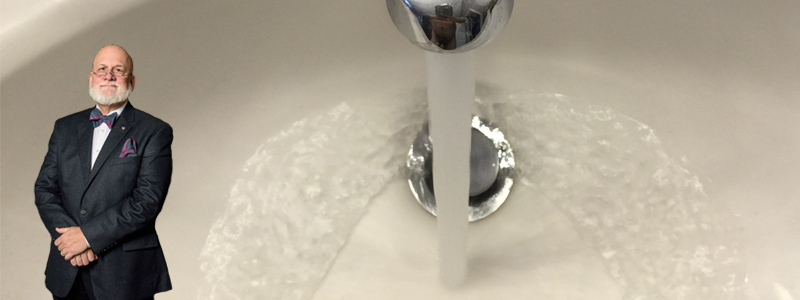Ask Larry:
Your question: What hormone imbalance would you say affects incontinence?
Larry’s Response:
The general term incontinence includes urgency, frequency, and leakage. Many causes have been identified, but some of the most common are associated with hormone imbalance – and loss of muscle tone (associated with aging)
Estrogen depletion can contribute to problems. Common prescription hormone therapy (conjugated estrogens alone or in combination with a progestin – Premarin/PremPro) has been linked to increases incontinence in postmenopausal women and also increases the symptoms in women who may already have problems with incontinence.
However, vaginal estrogen creams (though not oral estrogens) have been shown to improve bladder and urinary tract tissue. Vaginally applied estriol has demonstrated effectiveness for treating chronic urinary tract infections. This approach also appears to help reduce dryness in the vaginal area – without also causing estrogen problems in other parts of the body. Some doctors prescribe a low dose of estriol in a plain base – applied daily for a week or two, then two to five times a week as needed.
The route to relief may also be approached using a hormone balancing approach, using progesterone (USP) according to a cycling program; once daily for days 1 through 12, then twice daily until day 26, then stopping until the next day one (cycle or calendar). This approach has been shown to be safe and effective because it is balancing the estrogen activity with the hormone that has always done so in earlier times, that being progesterone.
In addition to using a progesterone supplement, a person would want to be certain the following suggestions are incorporated;
- Avoid bladder irritants; spicy, tomatoes, citrus, caffeine
- Use anti inflammatory supplements; Curcumin phytosome, D-Mannose
- Reduce body weight; avoid wheat, sugar, trans fats
- Quit smoking
- Drink plain/clean water
- Avoid constipation – use fiber, probiotics
- Improve muscle tone – pelvic exercises

